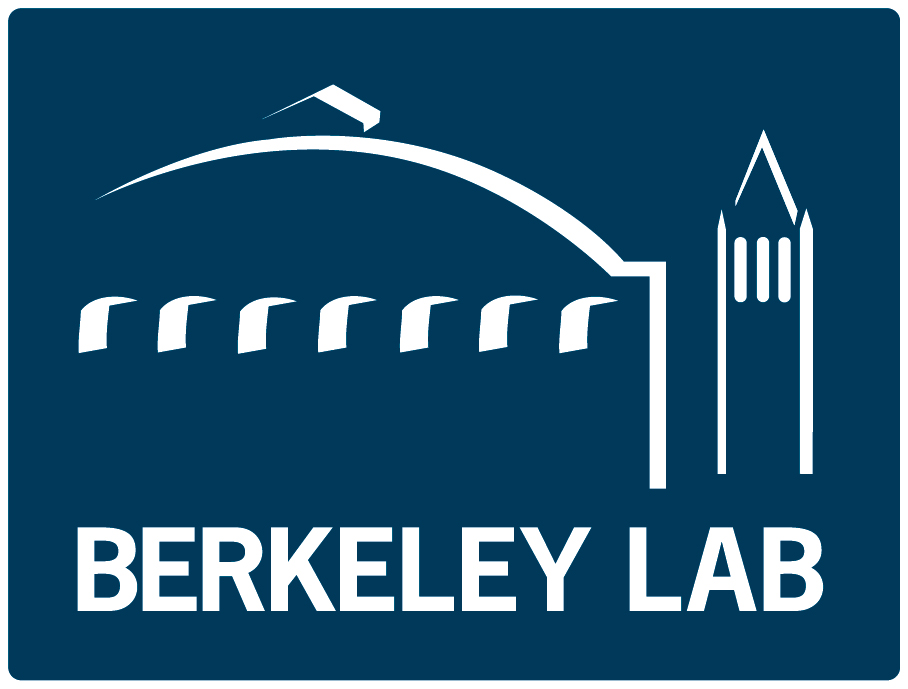
APPLICATIONS
- Municipal wastewater treatment
- Removal of hydrogen sulfide and nitrate from waste streams
- Generation of biofuel or biobased chemicals as by-product of wastewater treatment
ADVANTAGES
- Combines wastewater remediation with biofuel / high value chemical production
- Offers carbon sequestration (CO2 fixation)
- No organic electron donors are required and less sludge is produced
ABSTRACT
Berkeley Lab seeks a partner(s) to fund the development and commercialization of a sustainable wastewater treatment process that uses a genetically engineered bacterium to simultaneously remove hydrogen sulfide, carbon dioxide, and nitrate from waste streams, such as municipal wastewater, and produce fatty acid derived biofuels or bio-based chemicals.
The JBEI technology, developed by researcher Harry Beller,
- oxidizes hydrogen sulfide, a corrosive, toxic, and malodorous compound, to sulfate,
- reduces nitrate and / or nitrite to nitrogen gas,
- converts CO2, a greenhouse gas, to biofuels or biobased chemicals.
No added exogenous electron donors / organic carbon sources are required. The bacterium uses the metabolic energy derived from sulfide oxidation and the carbon derived from CO2 to generate desired products.
DEVELOPMENT STAGE: Early stage – collaborative research opportunity.
STATUS: Patent pending. Available for collaborative research or license.
REFERENCE NUMBER: EIB-3228
The Joint BioEnergy Institute (JBEI, www.jbei.org) is a scientific partnership led by the Lawrence Berkeley National Laboratory and including the Sandia National Laboratories, the University of California campuses of Berkeley and Davis, the Carnegie Institution for Science and the Lawrence Livermore National Laboratory. JBEI’s primary scientific mission is to advance the development of the next generation of biofuels.
